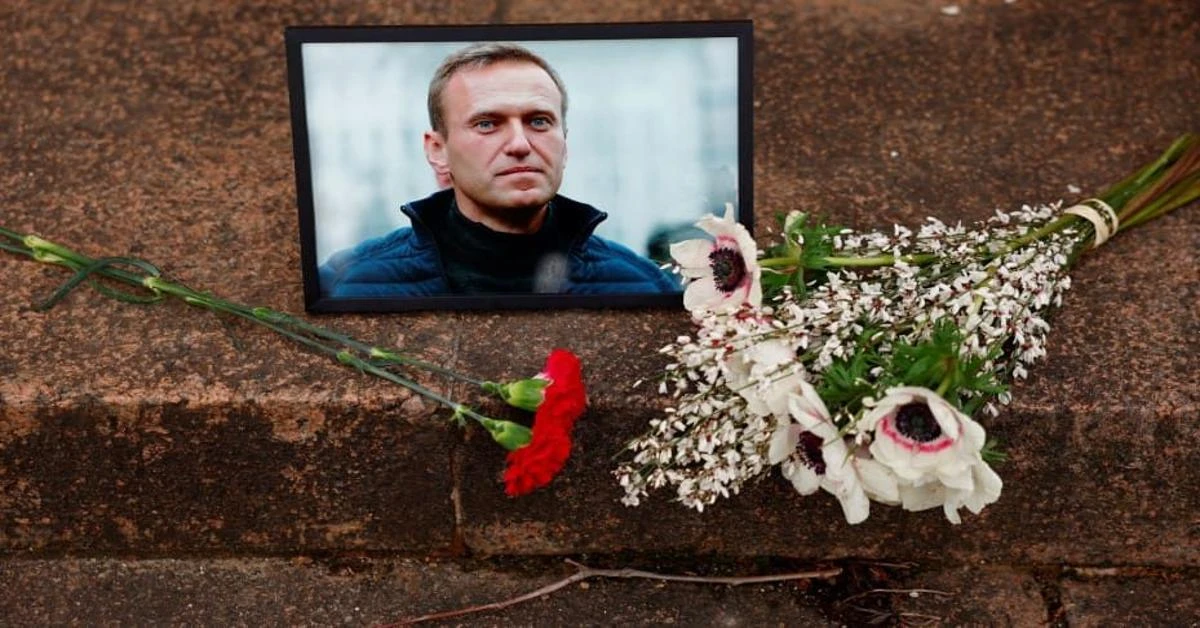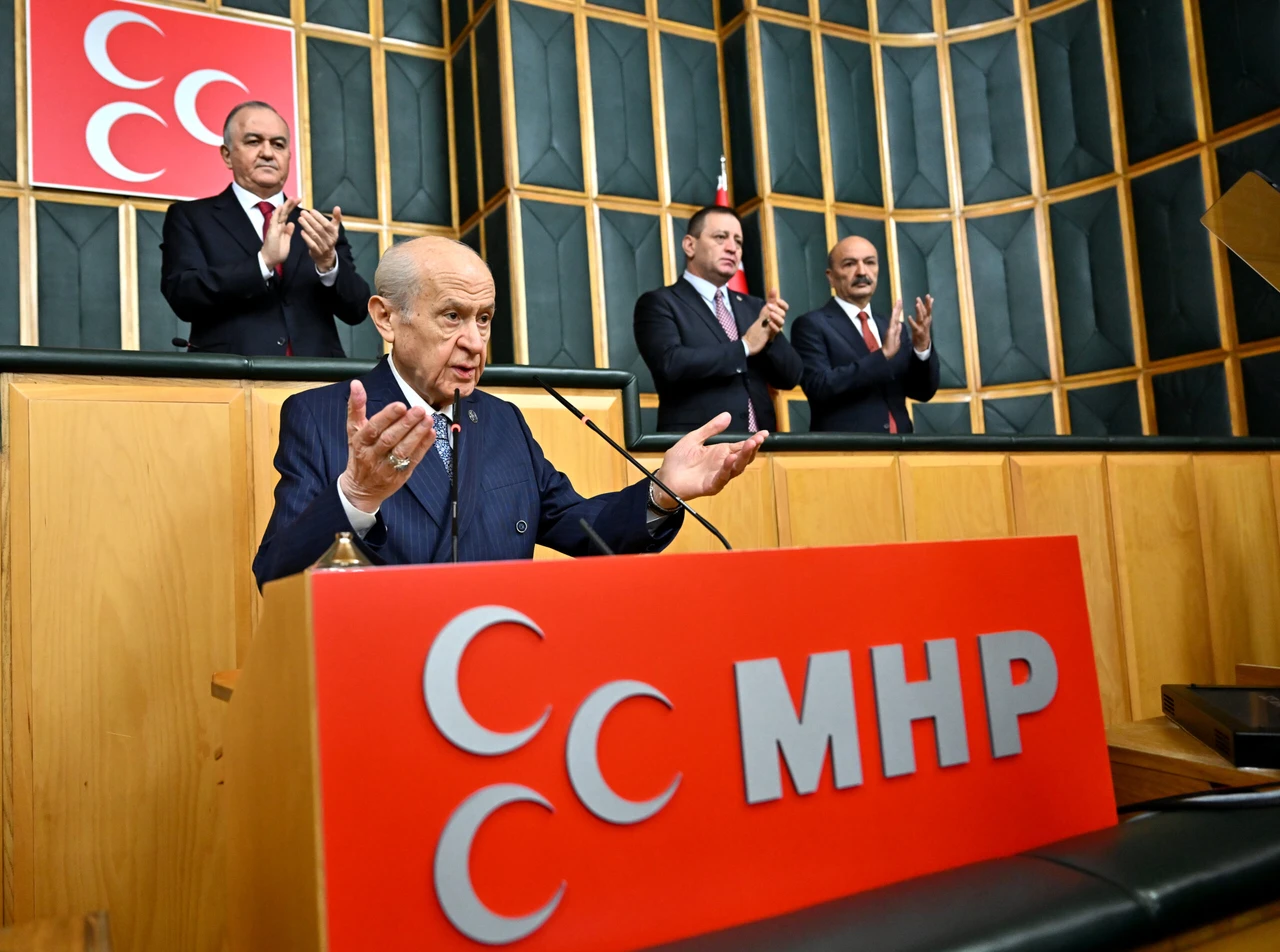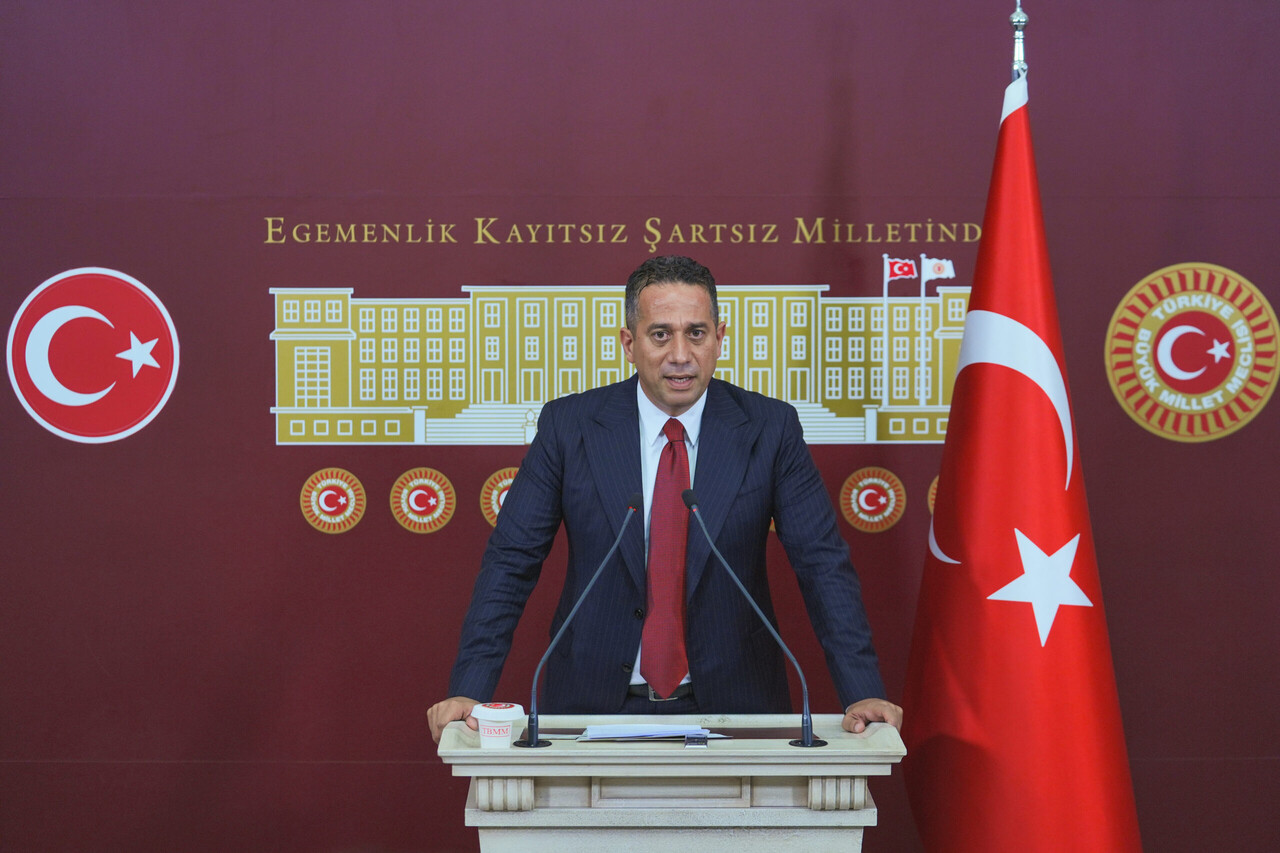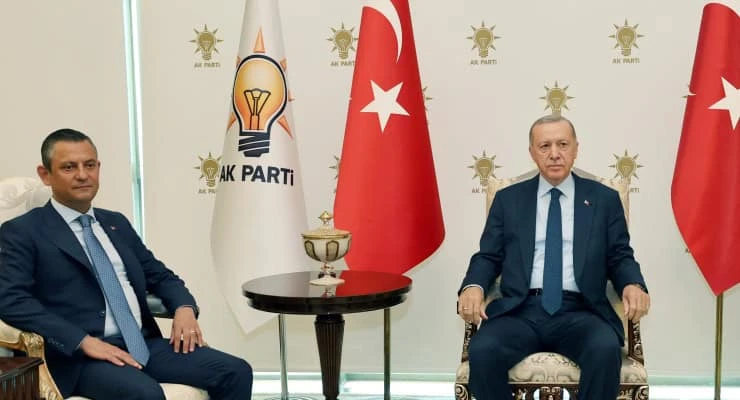Navalny’s death seen as boost for Putin before elections

Navalny’s death marks a significant blow to Russia’s stifled opposition, potentially solidifying President Putin’s hold on power
With next month’s elections expected to secure him another six years in power, Russian President Vladimir Putin is on track to surpass the tenure of even the Soviet dictator Joseph Stalin. Putin has already ruled for 24 years, and another term would bring him within striking distance of Stalin’s 29-year reign.
A significant figure in Russian opposition, Alexei Navalny, recently passed away on Feb. 16th, which critics say is a “positive development” for Putin. Meanwhile, the war in Ukraine continues to see mixed progress, with reports of Russia gaining control of Avdiivka territory.
In a documentary, Navalny once said, “If they decide to kill me, it means we are incredibly strong.”
Navalny spent years in the Russian prison system. The country’s penal colonies are notorious for their grim conditions and the opposition leader endured particularly cruel treatment. Navalny’s death inflicted a devastating blow to Russia’s already suppressed opposition.
On the day of Navalny’s death, Putin could be seen visiting the Ural city of Chelyabinsk and gaining new allies in the global south. He reinforced the relations with China and Iran, and received a grand welcome in the United Arab Emirates and Saudi Arabia.
Navalny was the foremost voice of dissent in Putin’s Russia. As a lawyer, politician and activist, he orchestrated massive street protests for years.
The sanctions imposed on Russia have failed to have the desired impact on the country’s economy, as its trade with China, the world’s largest importer, continues steadily.
Sanctions have yet to be imposed on Russian gas, nuclear energy and aluminum, leading to continued dependence on them by countries in the European Union. Consequently, Russia continues to make billions in profit.
For Putin, Navalny’s death offers a simple solution to his aim of silencing opposition voices during election time and ending any chances of someone running against him. Many analysts claim that Putin wanted to silence the “noise” that could occur during election time and further consolidate his grip on power.
Navalny is not only one
Yevgeny Prigozhin, a Russian mercenary leader who was once one of the country’s most powerful oligarchs and a member of Putin’s trusted inner circle, died in 2023. Speculations arose suggesting that Prigozhin may have been gathering soldiers to potentially act against Putin.
Boris Nemtsov, a vocal Kremlin critic who was a deputy prime minister in the late 1990s under President Boris Yeltsin, was shot dead in Feb. 2015.
Another opposition candidate, Boris Nadezhdin, was also prevented from running in the elections just last month.
Boris Berezovsky was a businessperson who fell out with the Kremlin and fled to England. He was found dead on the bathroom floor of his U.K. home in 2013.
CNN says that the list of deceased opponents or those who think differently could fill a book. On the same day Prigozhin was presumed to have been killed, Russia’s news agency RIA Novosti also reported the death of a former Russian security services general.
How did Navalny end up in prison?
In 2013, Navalny was convicted of embezzlement, which he described as a politically motivated prosecution, He was sentenced to five years in prison, but the prosecution later requested his release pending appeal.
Subsequently, a higher court decided to suspend the sentence.
Navalny had announced his candidacy for Moscow mayor the day before his conviction.
While the opposition saw Navalny’s release as a result of large protests against his sentence in the capital, many observers attributed it to the authorities’ desire to legitimize the mayoral elections.
Navalny came second in the race, impressively challenging the incumbent, who had the support of Putin and was popular for improving the capital’s infrastructure and aesthetics.
Navalny’s popularity surged following the assassination of Boris Nemtsov, another charismatic politician, near a bridge close to the Kremlin in 2015.
Over time, he gathered significant support on social media.



